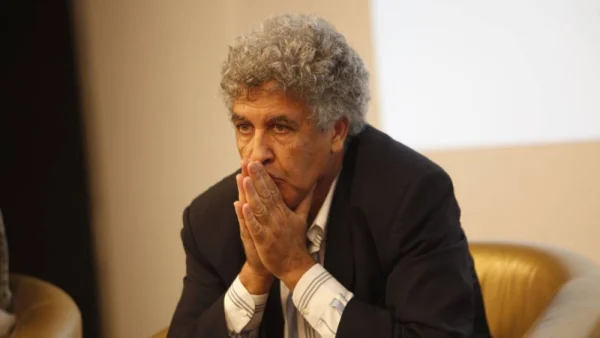The International University of Rabat has appointed renowned political scientist Mohamed Tozy as the new head of its College of Social Sciences. Known for his deep expertise on political dynamics in Morocco and the wider Arab world, Tozy steps into this key leadership role with a clear vision: to transform the university into a hub of critical thought, actively engaged with today’s most pressing societal debates.
This move reflects a broader effort by the university to elevate the role of social sciences at a time when political and societal shifts demand deeper, more nuanced analysis. Tozy aims to create a space for intellectual exploration that draws directly from lived experiences and local knowledge systems. His approach is rooted in a philosophy that emphasizes interrogating everyday realities and generating responses grounded in the specific contexts from which they emerge.
Noureddine Mouaddib, president of the university, praised Tozy’s distinguished career, highlighting his intellectual rigor and commitment to public engagement. Mouaddib also stressed the need to reintegrate the humanities and social sciences into the core of policymaking and institutional development, particularly in societies undergoing rapid change.
Tozy brings a wealth of academic and field experience to the role. A professor at several leading academic institutions, he is also a respected author and has played a key role in numerous governance and public policy initiatives. His appointment signals the university’s ambition to bridge academic excellence with tangible social impact, a priority as African universities evolve to meet new demands.
With Tozy at the helm, the university is reinforcing its commitment to a model of education that emphasizes critical thinking, civic responsibility, and strong connections to local realities. It’s a step that positions the institution more firmly within the landscape of influential centers for human and social sciences across the continent.





